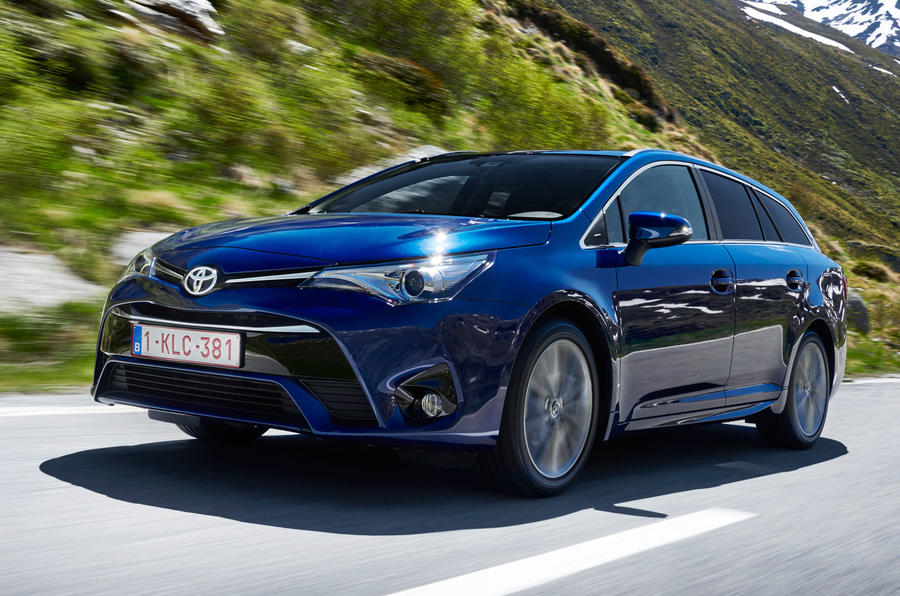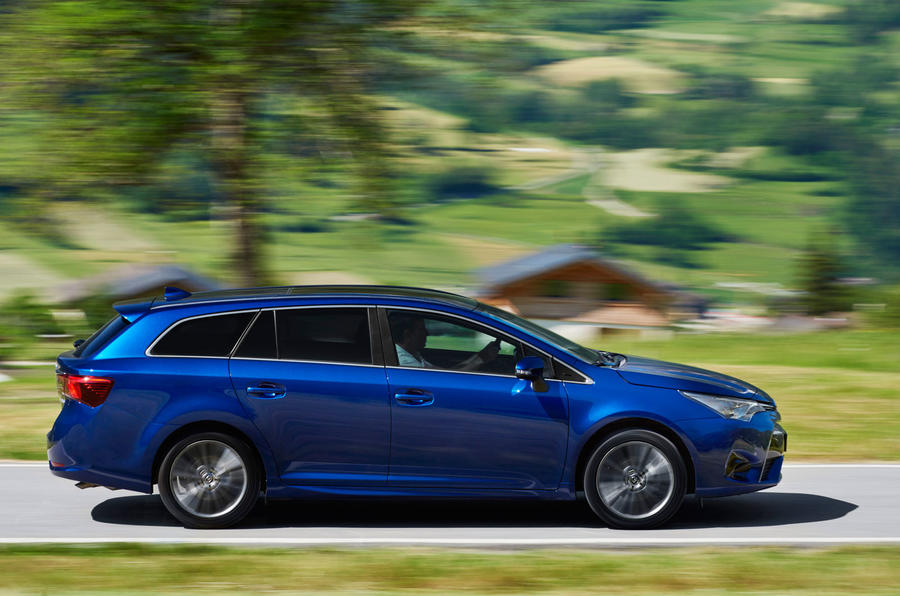What is it?
A heavily facelifted version of Toyota’s staid and eminently dependable third-generation Avensis.
Much like those that preceded it, the third-gen Avensis quickly built itself a reputation for being reliable, inexpensive to run, comfortable and cosseting.
It was by no means an exciting car, but that didn’t matter. Few buyers cared if it could be slung around a corner at a vast rate of knots, with most simply looking for practical, hassle-free, easy-going motoring.
The estate market has changed dramatically since 2009, however, with several all-new rivals – including the Ford Mondeo and Skoda Octavia – pitching into the fray. More long-standing efforts, like the Vauxhall Insignia and Mazda 6, have also benefitted from an update, leaving the Avensis looking considerably behind the times.
The increasing popularity of crossovers additionally steals a substantial chunk of estate sales these days, so if you want to stand a chance of success then your product really needs to be at the top of its game.
So, in order to get the Avensis back on buyers’ radars, a whole host of upgrades have been carried out. It has been restyled inside and out, in an effort to deliver a far more distinctive look, quality has reputedly been improved and the trim levels and specifications list has been given a thorough working over.
Of more significance is the fact that Toyota has introduced two BMW-sourced four-cylinder diesels into the engine line-up. They offer lower CO2 emissions and improved economy compared to the outgoing Toyota engines, as well as extended service intervals. This should make the Avensis Touring more interesting to the all-important fleet and business market.




















































Join the debate
Add your comment
great car!
it seems a very practical car, just look ate the absence of central tunnel in the back seat(none of the competition was able to do same until now.). now the person in the middle can sit as normal.
very good infotainment system, and nice instruments clusters.
the only cons I see is the BMW engine...I surely hope this one is from a era of non faulty BMW-belt issues. but at the same time I would go for a hybrid now. I am getting tired from Diesel smokers. only if Toyota launch a hybrid power train with turbo in it... 1.4T?
I was going to say that the
Not bad